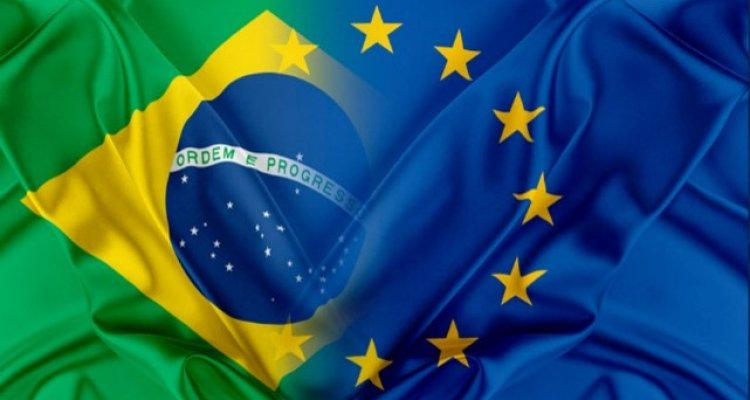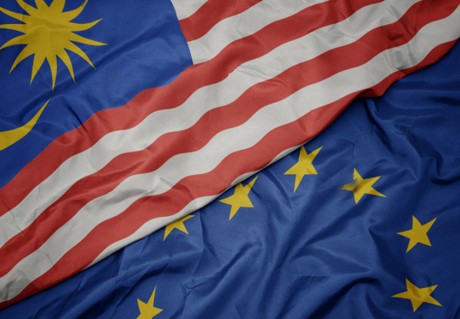
Project
Brazil in Brussels: Contestation on the EU Deforestation-free Regulation
Are you passionate about writing an MSc thesis on the topic of sustainability politics and diplomacy as a contribution to a PhD research project on this topic? If you are an MSc student of international development studies or another related social science program at WUR, and want to contribute to the South-North debate from public administration and policy perspectives, then we are looking for you!
Background
The master thesis research will be part of a PhD research project at the Public Administration and Policy group that wants to compare the different ways in which Southern embassies in Brussels address the EU Deforestation-free Regulation (EUDR). This regulation poses immense challenges for public authorities from the Global South. The regulation disregards extraterritorial effects and offers few formal possibilities for actors from the South to influence rule-making.
The PhD research project investigates the strategies of three Brussels-based Southern embassies – Indonesia, Malaysia, and Brazil – that are major exporters of global trade commodities to the EU. The study has different goals: to fill the knowledge gap of how Southern embassies in Brussels address EUDR; to evaluate the impact of Southern embassies' strategies on the policy-making of EUDR; to conceptualize sustainability diplomacy from a Southern perspective; and to contribute to the debate and training of the next generation of sustainability diplomats from the Global South.
Project description
The MSc student will focus on the Brazilian Embassy and their diplomats' actions and strategies during the preparation and implementation of the EUDR. As theoretical lenses, the student will work with network-making power and discretionary power.
For data collection, the MSc student will conduct interviews, event analysis, and documentary analysis in Brussels-Belgium in Spring 2024 (to be discussed). Prior to the data collection, the student will draft a research proposal, including questions for interviewing diplomats and staff of the Embassy of Brazil in Brussels. For transcription and data analysis, computer-assisted qualitative data analysis software (CAQDAS) like Atlas.ti or NVivo, will be used.
Requirements
Interested students have to meet the following criteria:
- be Brazilian or be fluent in Portuguese (speaking, reading);
- good communication and collaboration skills;
- eager to work with an international research team;
- willing to enhance the expertise in qualitative methods research;
- strong motivation towards being an independent researcher;
- interested in the study of literature on international relations, public administration, sustainability governance, and other relevant fields.
Supervision team
Main supervisor: prof.dr.ir. Otto Hospes
Daily supervisor: EMM (Edwin) Ramadhan, MSc.
Should you be interested and want to join our team, please e-mail your CV and motivation letter to Edwin Ramadhan.

